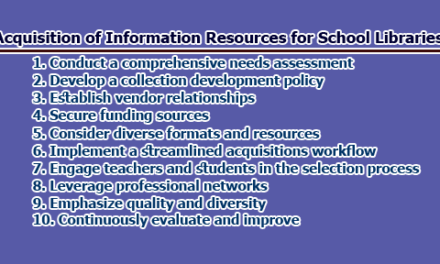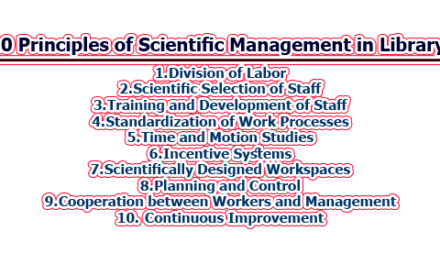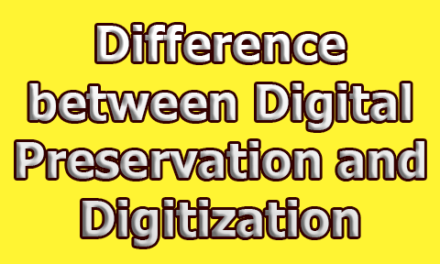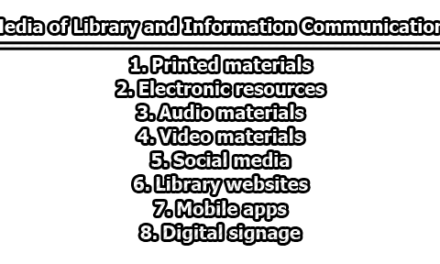Strategies for Motivating Patrons in Different Library Contexts:
Libraries have come a long way from being mere repositories of books and information. They have transformed into dynamic spaces where patrons can engage in learning, creativity, collaboration, and community building. However, motivating patrons in different library contexts can be a challenging task, as each type of library serves unique audiences with distinct needs, preferences, and expectations. In this article, we explore strategies for motivating patrons in different library contexts (including academic, public, school, and special) to make the most of the library services and resources available to them.
1. Academic Libraries: Academic libraries play a crucial role in supporting students, faculty, and researchers in their pursuit of knowledge. To motivate these patrons, it’s essential to emphasize the value and quality of the library’s collections, databases, and journals. Showcasing how these resources can aid in achieving academic goals can be a powerful motivator.
- Workshops and Tutorials: Offer workshops, tutorials, and consultations on topics such as citation styles, plagiarism, research methods, and data management. Providing educational support can help build trust and rapport with patrons, encouraging them to utilize the library more frequently.
2. Public Libraries: Public libraries serve diverse and dynamic communities with varying interests and backgrounds. The key to motivating patrons in this context is to tailor services and programs to reflect their needs and interests, promoting social inclusion and civic engagement.
- Welcoming Atmosphere: Create a welcoming and inviting atmosphere by offering friendly and helpful staff, comfortable and accessible facilities, and a variety of materials and formats. When patrons feel valued and at ease, they are more likely to take advantage of library resources.
- Community Engagement: Foster a sense of community and belonging by hosting events, activities, and clubs that celebrate cultures, hobbies, and passions. These initiatives bring people together and provide a space for patrons to connect with others who share their interests.
3. School Libraries: School libraries are dedicated to supporting students and teachers with resources and learning opportunities. Motivating patrons in school libraries involves aligning services and programs with the school curriculum and students’ learning outcomes.
- Collaboration with Teachers: Collaborate with teachers to design and deliver lessons, projects, and assignments that integrate library skills and resources. By working in tandem with educators, school libraries can play a vital role in enhancing the learning experience.
- Reading and Literacy Activities: Engage students in reading and literacy activities, such as book clubs, reading challenges, author visits, and storytelling sessions. Making the library a fun and relevant place for students fosters a love for reading and learning.
4. Special Libraries: Special libraries cater to specific groups with specialized information needs, such as lawyers, doctors, engineers, or museum staff. To motivate patrons in special libraries, it’s crucial to demonstrate expertise in their field and provide personalized services.
- Expertise Showcase: Demonstrate expertise and knowledge in the patrons’ field, showcasing how the library can help solve problems and answer questions. This builds trust and encourages patrons to rely on the library for their specialized information needs.
- Customized Services: Offer customized and personalized services, such as alerts, newsletters, reports, and briefings, that deliver timely and accurate information. These tailored services are a valuable resource for patrons with unique information requirements.
In conclusion, motivating patrons in different library contexts requires a deep understanding of their specific needs, interests, and goals. By tailoring services and programs to meet these requirements, libraries can enhance patrons’ satisfaction, loyalty, and advocacy. Whether it’s an academic, public, school, or special library, the key to success lies in creating an environment that supports and empowers patrons in their quest for knowledge, creativity, and community engagement. In doing so, libraries continue to be vibrant and essential hubs for all members of their respective communities.

Library Lecturer at Nurul Amin Degree College










